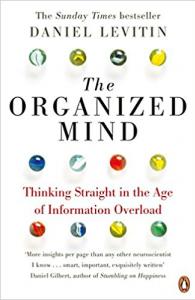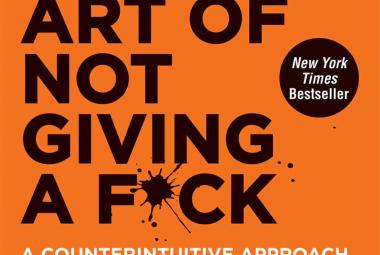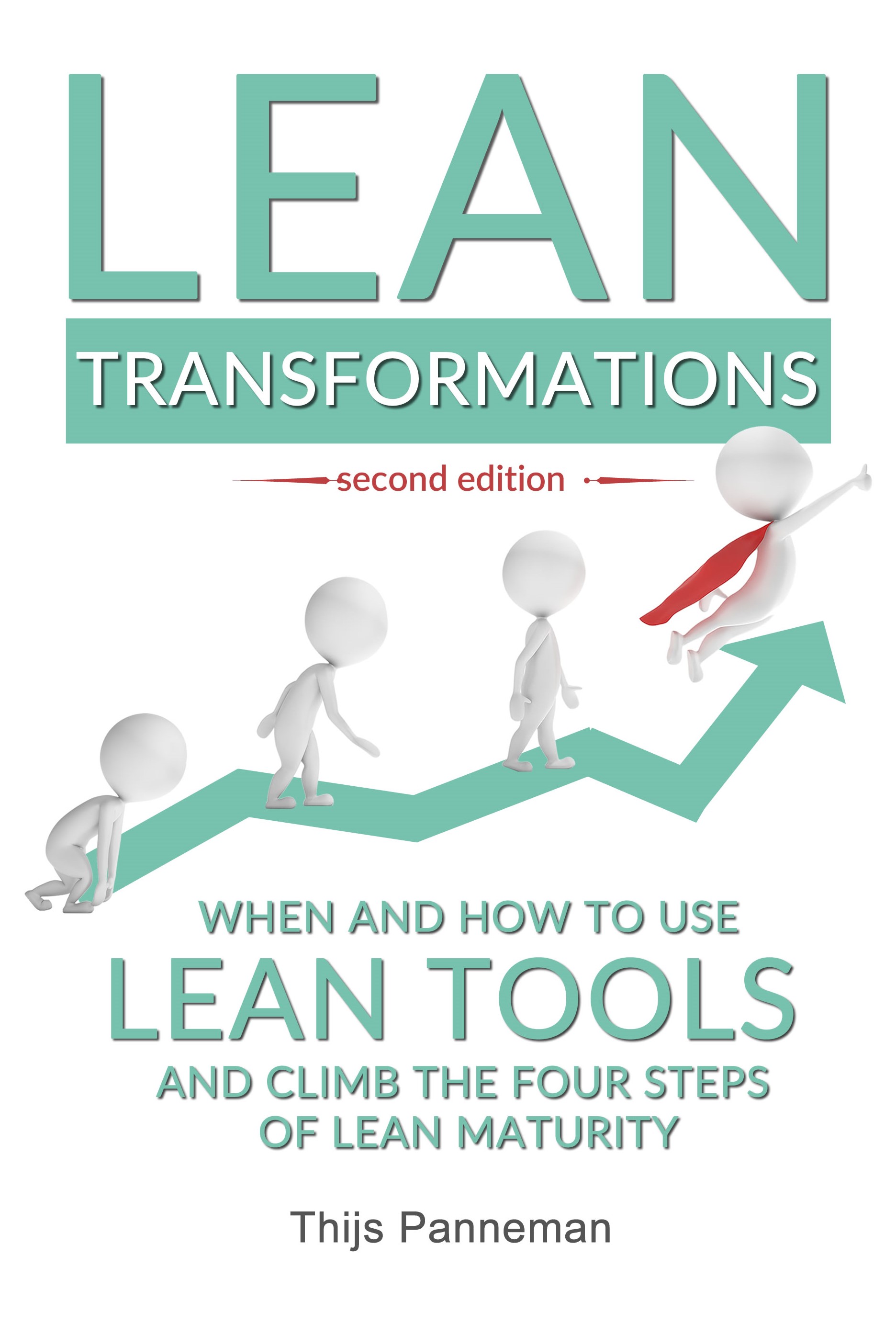In The Organized Mind, Daniel Levetin describes just about everything he has learned about the brain so far. The title is a bit misleading, because most of the book is not about organizing the mind, but if you read through the many pages of this book, there are a lot of interesting facts that can help you to improve your own lifestyle.
This article describes the two most important themes in this book for me: how memories work, how you can make them more reliable, and how you can improve cognitive performance by clearing up your mind.
Already in the first chapter, Levitin describes that MEMORIES are not always reliable. The main reason for this is that your brain can change the memory over time by associating it with other events, other people or even other emotions.
Situations that you often remember correctly are, among others, situations in which you have experienced an emotionally strong reaction, such as fear, sadness but also excitement and enormous joy. This is why most people can remember exactly what they did on September 11, 2001 (the day of the attack on the world trade centre in New York) and few people can remember what they did on July 11 that same year.
A second influence on the reliability of a memory is the extent to which the situation was special, in that it differentiates itself from the daily routine. This explains how it is possible that you forget where you left your carkeys. There are perhaps several times a day that the situation occurs when you place your keys somewhere, making it difficult for your brain to remember where you left them that one specific time.
All this has to do with the fact that your brain has to give the different memories a place, and associate and coordinate them with other memories. This consolidation of memories happens mainly in your sleep, and can even last up to 2 to 3 nights. This means that a bad night can distort your memory, even 2 days after an event, Mainly the first two hours and the last 90 minutes of sleep are important for consolidating memories. This explains why medicine and also alcohol can distort your memories or even completely blur them.
A central theme in this book is improving COGNITIVE PERFORMANCE for which Levitin describes various influencing factors. Your cognitive performance is best when you work in 'flow'. These are those moments in which time flies by, and you lose yourself in your task which you are working on. Tasks that offer themselves in flow state are tasks whose balance between stress and boredom is optimal. The task is challenging, but also not too far beyond your ability. Distraction is the main disruptor of flow, therefore, you should turn of the notifications on your phone and computer to prevent you from being distracted while working (I previously wrote an article about this, which is also included as a chapter in the book Lean Transformations).
A second tip to prevent distraction is externalizing your memory, meaning writing down facts, tasks and situations. This not only improves the memory of the situation, but also gives your brain permission to let go of the theme, so that they can focus on a more important task and it does not emerge halfway through your important task. Writing this blog is a way in which I externalize what I have learned from the many books that I have read. I do not have to remember them all because I know where I have stored the knowledge.
Sufficient sleep is the next factor that affects your cognitive ability. Fixed bedtimes and times you wake up are more important than the number of hours you sleep, so when you go to bed late, it is better to get up at your usual time than sleeping in throughout the day. In addition, Levitin describes that doing a nap of 5-10 minutes can have a similar effect on your rest as 1.5 hours of sleep at night! Since this has even been scientifically proven, it is a miracle that napping is no longer encouraged in our Western society.
Also important is the number of hours that you are using your cognitive ability. If you have an intellectually stimulating job, your productivity will be measurably reduced by 25% when you go from 40 to a 60-hour working week. This means that for every hour of extra work you do, you have to make 2 overtime hours. Unfortunately, the impact of 45 or 50 hours of work on your productivity is not described.
The organized mind is a great book that gives you insight into how your brain works and how you can ensure that your brain gets more rest. As a final tip, it is wise to give as many things as possible a permanent place in your home, to prevent searching and thus also to save cognitive effort. This, the implementation of what we call in lean 5S, fits perfectly with the majority of articles of this blog.
Continue to:
The Subtle Art of Not Giving A F*ck - M.Manson (summary)
SOURCE:
Levitin, D., 2014, The Organized Mind - Thinking Straight in the Age Of Overload, New York: Pinguin (order this book)















